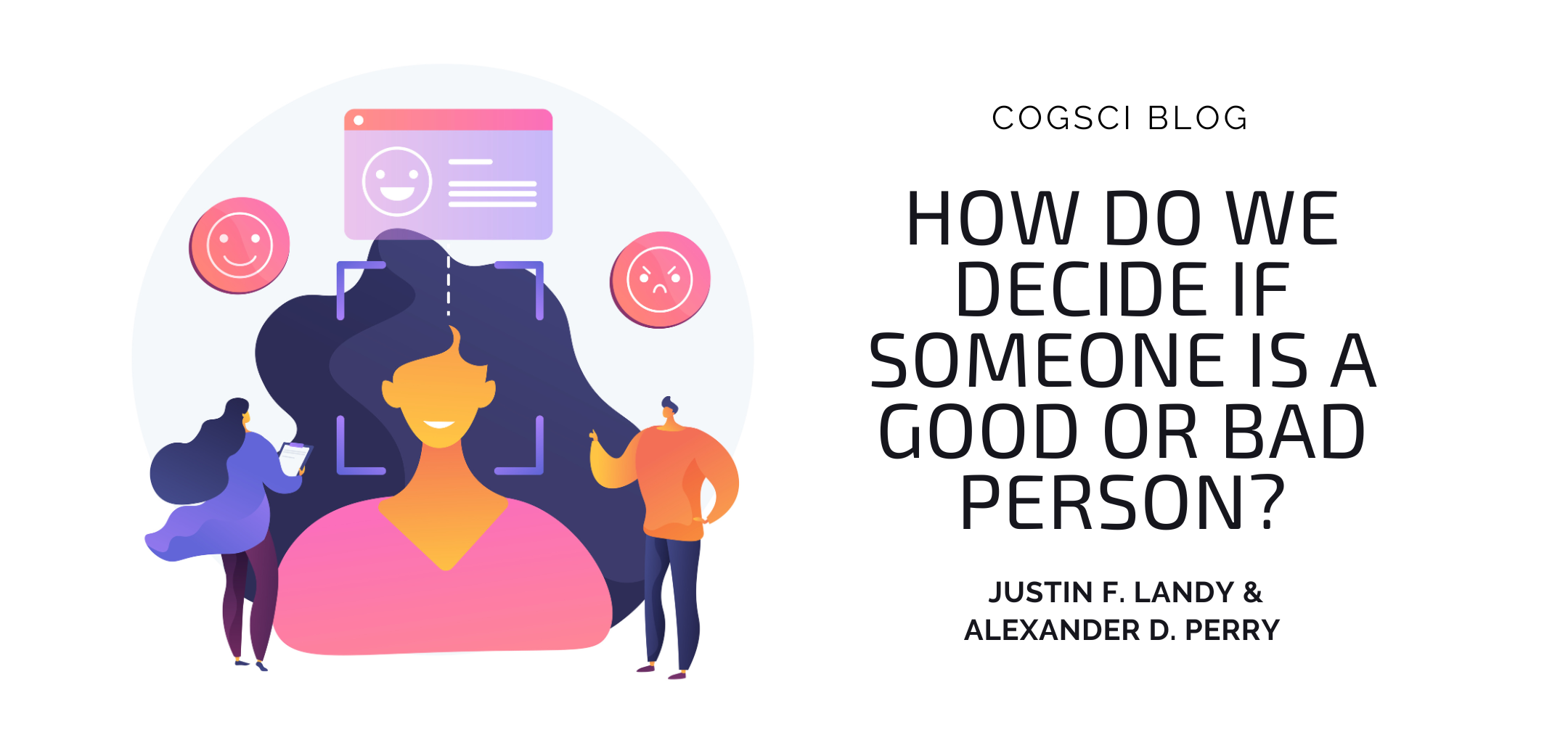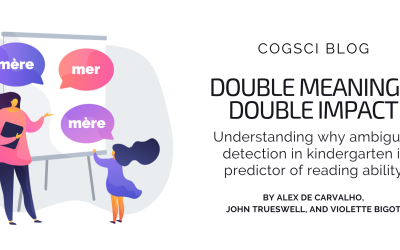Welcome to CogSci Unpacked, an exciting blog series dedicated to summarizing academic papers from the Cognitive Science, a CSS Journal. Our goal is to bridge the gap between academia and the broader public, fostering a better understanding of cognitive science and making it accessible and relatable to all. If you’re curious to dive even deeper, we invite you to explore the full academic paper.
Imagine that you have a colleague named Sam. Sam is a “brutally honest” person who always tells the truth, even when it is obviously cruel to do so. When you asked Sam’s opinion of your new haircut, they bluntly told you that they thought it looked terrible. Is Sam moral or not? What do we care more about in making this judgment, Sam’s extreme honesty or lack of compassion? Is Sam too honest? Would we rather someone almost always told the truth, instead of always doing so?
A lot of research across a number of disciplines has shown that evaluations of moral character are highly consequential, and that they are built up from information about many specific characteristics of a person (e.g., Goodwin et al., 2014; Hartley et al., 2016; Helzer et al., 2014; Sun & Goodwin, 2020). However, we know very little about which traits are seen as most important, and how multiple pieces of (sometimes conflicting) information are integrated. These are the sorts of questions that we set out to answer in a new paper recently published in Cognitive Science.
Our most recent paper in CogSci presents findings from five studies, in which we assessed which traits people consider most important in forming evaluations of a person’s moral character using process-tracing methods and direct ratings and rankings of importance. Regardless of the method used, the results were quite consistent. Across all our studies, our participants considered the traits honest, helpful, compassionate, loyal, and responsible to be most important to their evaluations. So, we seem to care both that Sam is very honest, and that Sam is not very compassionate, but we care just a bit more about the former when evaluating their moral character.
We also examined whether someone who is extremely high on moral traits is considered more or less moral than someone who is only moderately high. The idea that there can be “too much of a good thing” when it comes to moral traits dates at least to Aristotle’s Nicomachean Ethics, but it has rarely been tested empirically. Assuming that there will be at least some cases where moral virtues conflict with one another, perhaps it is better to be moderately high on many traits rather than extremely, unusually high on any of them. This is not what we found. We found a clear, linear relationship between how often a target person expresses moral traits and how moral they are considered to be, even at exceptionally high levels. Generally speaking, our participants did not think that one could have “too much of a good thing”, but rather that “more is better”. Based on our findings, overall evaluations of a person’s moral character seem to just be simple, unweighted averages of all available, relevant information.
Ultimately, when deciding whether Sam is a good (or bad) person, people seem to care mostly about whether Sam is honest, helpful, compassionate, loyal, and responsible, but people seem to consider all of the information they have about Sam and roughly average it together to arrive at an overall evaluation of their moral character.
References
Goodwin, G. P., Piazza, J., & Rozin, P. (2014). Moral character predominates in person perception and evaluation. Journal of Personality and Social Psychology, 106(1), 148–168. https://doi.org/10.1037/a0034726
Hartley, A. G., Furr, R. M., Helzer, E. G., Jayawickreme, E., Velasquez, K. R., & Fleeson, W. (2016). Morality’s centrality to liking, respecting, and understanding others. Social Psychological and Personality Science, 7(7), 648–657. https://doi.org/10.1177/1948550616655359
Helzer, E. G., Furr, R. M., Hawkins, A., Barranti, M., Blackie, L. E. R., & Fleeson, W. (2014). Agreement on the perception of moral character. Personality and Social Psychology Bulletin, 40(12), 1698-1710. https://doi.org/10.1177/0146167214554957
Sun, J. & Goodwin, G. P. (2020). Do people want to be more moral? Psychological Science, 31(3), 243-257. https://doi.org/10.1177/0956797619893078





